Digital photo editing and the ethical line between aesthetics and truth?
Which do you prefer? The original image of a white balaclava-clad rebel in Libya carrying a rocket propelled grenade, or the more dramatic looking battlefield with increased contrast that brings out richer greys and red hues in the clouds, smoke and earth?
The spectrum of digital tools available to photographers to edit images is vast – from professional software such as Photoshop or Aperture right through to consumer tools such as iPhoto or PicMonkey, not to mention hundreds of mobile photography applications.
If you’re of a certain vintage, then you might be a bit nostalgic about the days of film, the whiff of fixer and the time spent honing your skills in a dark room. Today adjusting the fundamental elements of a digital photograph, its DNA if you like, such as exposure/brightness, colour/saturation, whites/blacks, contrast/shadows and much, much more, are as easy as moving a virtual “slider” with a mouse.
But having a palette of digital tools does not mean editing a photo is a piece of cake. Far from it. In fact for photographers and newsroom photo-editors it opens up a raft of ethical questions.
![]() read more
read more
What role did social media really play in Egypt’s Arab Spring uprising?
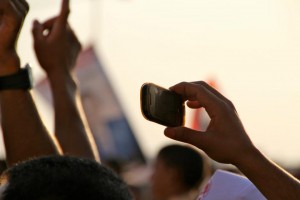 The words ‘Facebook revolution’ come up in virtually every discussion of the protests and political upheavals that swept the Arabic world at the end of 2010 and early 2011. Opinion is still divided though about the exact role that social media played in sparking and sustaining the Arab revolutions. Now, in research that took her to Egypt to extensively interview activists involved in the uprising there, a DW Akademie International Media Studies student has some surprising conclusions on the topic. DW Akademie spoke to Eira Martens about her research.
The words ‘Facebook revolution’ come up in virtually every discussion of the protests and political upheavals that swept the Arabic world at the end of 2010 and early 2011. Opinion is still divided though about the exact role that social media played in sparking and sustaining the Arab revolutions. Now, in research that took her to Egypt to extensively interview activists involved in the uprising there, a DW Akademie International Media Studies student has some surprising conclusions on the topic. DW Akademie spoke to Eira Martens about her research.
![]() read more
read more
Interview: How secure is Skype?
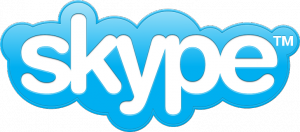 In many countries, journalists are confronted with security problems. We are starting a series of posts devoted to digital security. We will cover such issues as messaging services, IP address and how you can change it, how you can make yourself anonymous on the web and much more. For this post, we have interviewed Fabian von Keudell, technology & security editor at the renowned German technology magazine CHIP about how secure Skype is and which alternatives are out there.
In many countries, journalists are confronted with security problems. We are starting a series of posts devoted to digital security. We will cover such issues as messaging services, IP address and how you can change it, how you can make yourself anonymous on the web and much more. For this post, we have interviewed Fabian von Keudell, technology & security editor at the renowned German technology magazine CHIP about how secure Skype is and which alternatives are out there.
![]() read more
read more
Trainer recommendation: Writing for Broadcast Journalists
I usually take a couple of journalism text books with me on the road for training workshops. Depending on the topic, it might be a handbook on broadcast journalism or ethics or perhaps a technical guide for a camera. It’s good to have reference books to hand, but I also think it’s helpful to lend books to participants looking for more detailed information.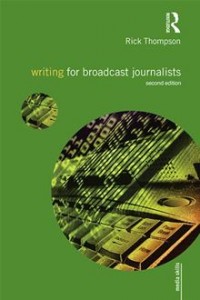
By far the book that is always most sought after, if I refer to it during a workshop, is Rick Thompson’s Writing for Broadcast Journalists (Routledge, 2010).
It’s an excellent reference book, especially for news writing and language.
Thompson has packed this very travel-friendly volume full of useful examples of news scripts and different writing techniques for radio and television. My much thumbed second edition also has a chapter on online journalism and social media.
![]() read more
read more
DW fellows see sustainable value in project
Six Indian journalists have taken stock of their seven-week fellowship at DW Akademie in Bonn. The Meeting and Exchange Project Grow.Green.India, financed by the Robert Bosch Stiftung, not only changed their image of Germany, but also provided them with new inspiration and ideas: for their country, for their journalistic work and – not least – for their own contributions for a “sustainable” future of our planet. Click on the pictures to see the videos.

![]() read more
read more
Datawrapper: Making data-driven journalism fast and easy
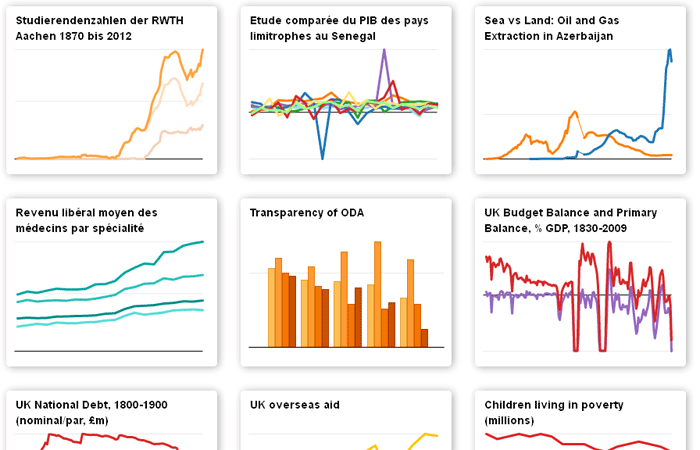 Journalists use statistics on a nearly daily basis, but visualizing data is a different story. With a boom in tools and apps to generate infographics and more, this could be changing. One such tool is Datawrapper, developed by Deutsche Welle New Media staffer Mirko Lorenz. “It’s a tool for getting started with data-driven journalism,” Lorenz said. He came up with the idea, and developed it with two programmers. “We didn’t just want to make showy charts, it’s really about the right diagram for the data at hand,” Lorenz said.
Journalists use statistics on a nearly daily basis, but visualizing data is a different story. With a boom in tools and apps to generate infographics and more, this could be changing. One such tool is Datawrapper, developed by Deutsche Welle New Media staffer Mirko Lorenz. “It’s a tool for getting started with data-driven journalism,” Lorenz said. He came up with the idea, and developed it with two programmers. “We didn’t just want to make showy charts, it’s really about the right diagram for the data at hand,” Lorenz said.
Editing desks around the world have been experimenting with the tool, including the Guardian data blog, Le Monde, a Dortmund regional newspaper – and of course, the Deutsche Welle. Datawrapper is open-source, and can be freely downloaded – it’s available in English, German and French.
In an interview with DW Akademie, Lorenz clarified what he thinks the “right” portrayal of data is all about, and explained the advantages of Datawrapper for journalists.
![]() read more
read more
Make journalism training multiskilled
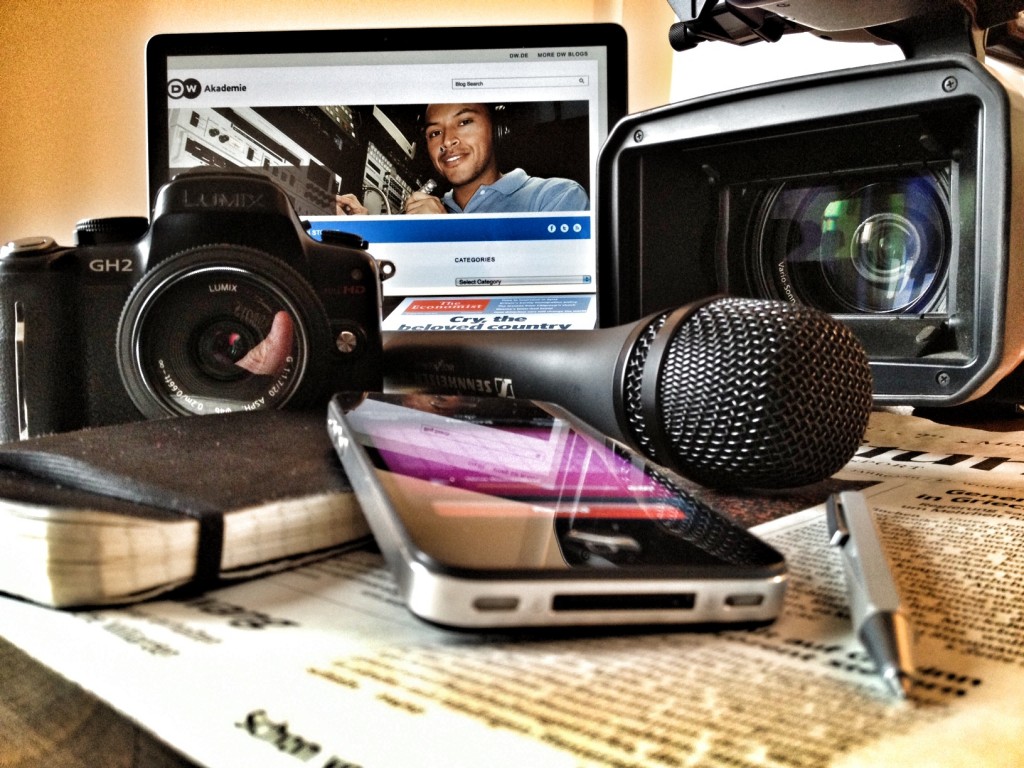 Digital technologies are completely changing the face of journalism. This transformation presents new challenges for training journalists because it’s no longer practicable for upcoming reporters to only have skills in a single medium.
Digital technologies are completely changing the face of journalism. This transformation presents new challenges for training journalists because it’s no longer practicable for upcoming reporters to only have skills in a single medium.
Instead, during their training, journalists need to be exposed to diverse narrative forms and modes of representation used in all media, from radio and television to print and online.
![]() read more
read more
Documenting life in Zimbabwe
Sweep aside the heavy curtains at the entrance of the Chapelle d’École des Beaux-Arts in Paris and you will be confronted by photographs documenting the decline of Zimbabwe under the rule of Robert Mugabe, and the lives of people suffering on so many levels.
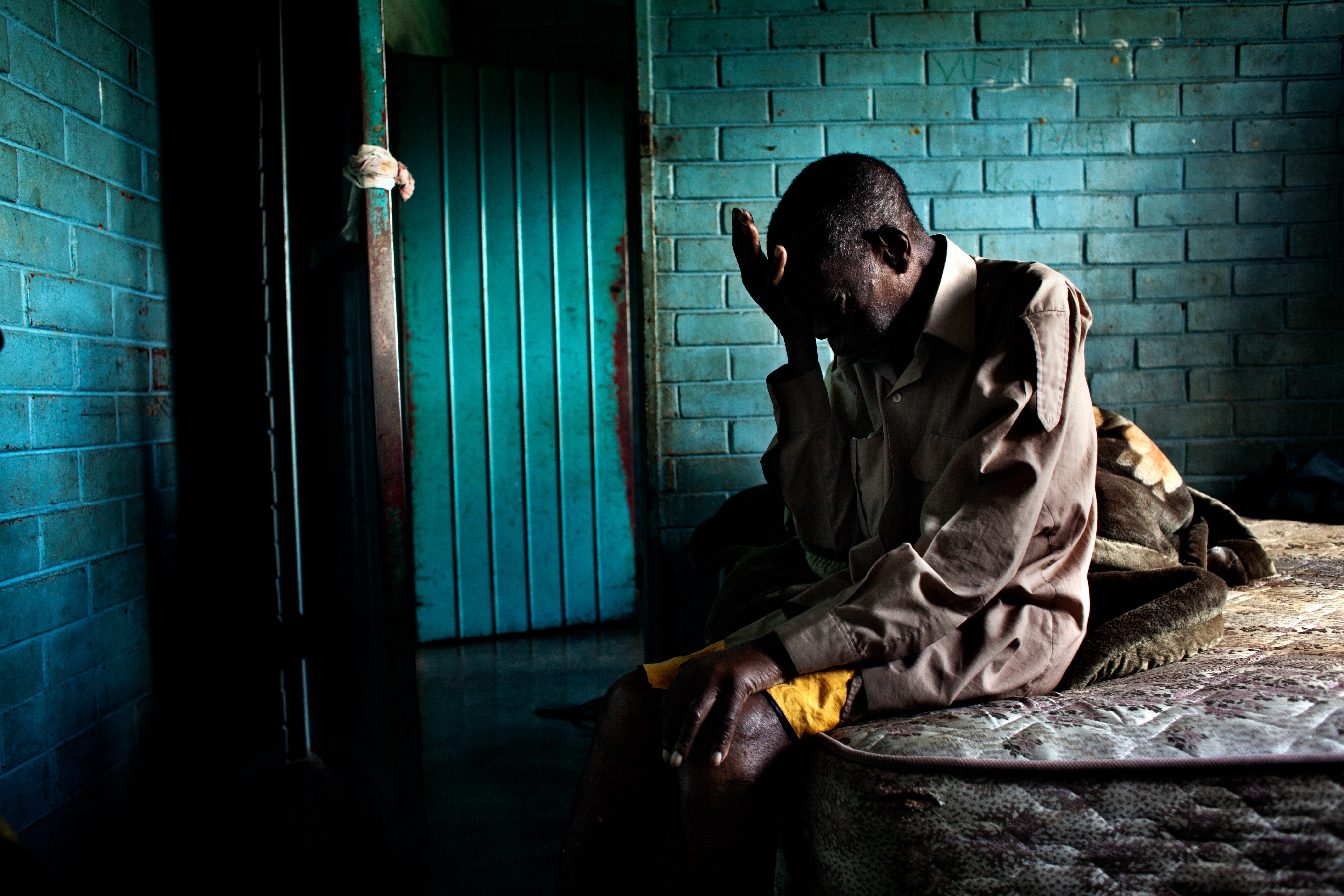
Bedridden by illness, 76 year old Nyatwa relies on his 22 year old grand-daughter to care for him. Robin Hammond, Panos, Carmignac Gestion Photojournalism Award
![]() read more
read more
#OMS2012 – Novel training for North African citizen journalists
 The DW Akademie is sponsoring a six-week open online course for citizen journalists from North Africa, the Maghreb and beyond. The Open Media Summit is using the innovative format of a massive online open course (MOOC), available for the first time in the region, to offer citizen journalists and digital media activists the opportunity to discuss and explore up-to-date ideas. The course, implemented through Internet videos, online discussions and on social media, is open to all. Here, you’re likely to find answers to the new format in this interview with Holger Hank, who is directing the project from DW Akademie headquarters in Bonn, Germany.
The DW Akademie is sponsoring a six-week open online course for citizen journalists from North Africa, the Maghreb and beyond. The Open Media Summit is using the innovative format of a massive online open course (MOOC), available for the first time in the region, to offer citizen journalists and digital media activists the opportunity to discuss and explore up-to-date ideas. The course, implemented through Internet videos, online discussions and on social media, is open to all. Here, you’re likely to find answers to the new format in this interview with Holger Hank, who is directing the project from DW Akademie headquarters in Bonn, Germany.
![]() read more
read more
Trainer recommendation: Making a WiFi network with a little box
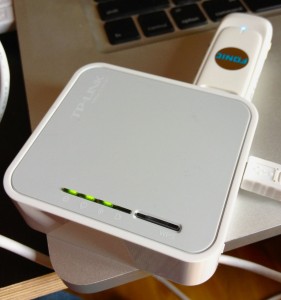 It’s the size of a Post-It note and makes a WiFi network using either a 3G mobile data SIM card or a local area network. Freelance trainer Guy Degen takes a look at the TP-Link 3G mobile wifi router – a useful bit of kit for journalists and journalism trainers on the road.
It’s the size of a Post-It note and makes a WiFi network using either a 3G mobile data SIM card or a local area network. Freelance trainer Guy Degen takes a look at the TP-Link 3G mobile wifi router – a useful bit of kit for journalists and journalism trainers on the road.
![]() read more
read more



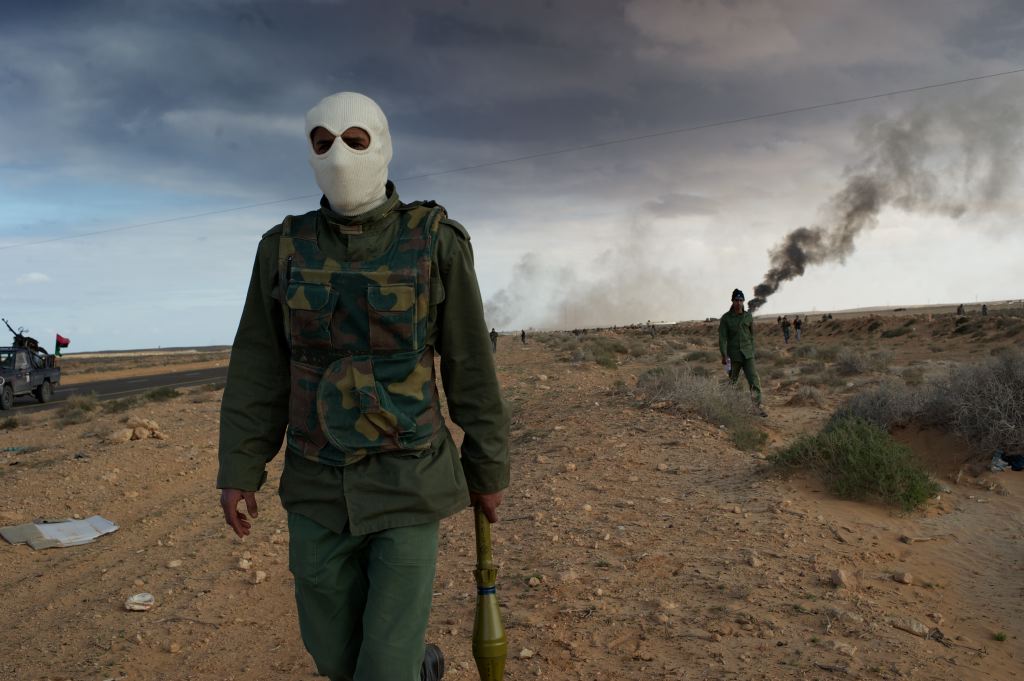
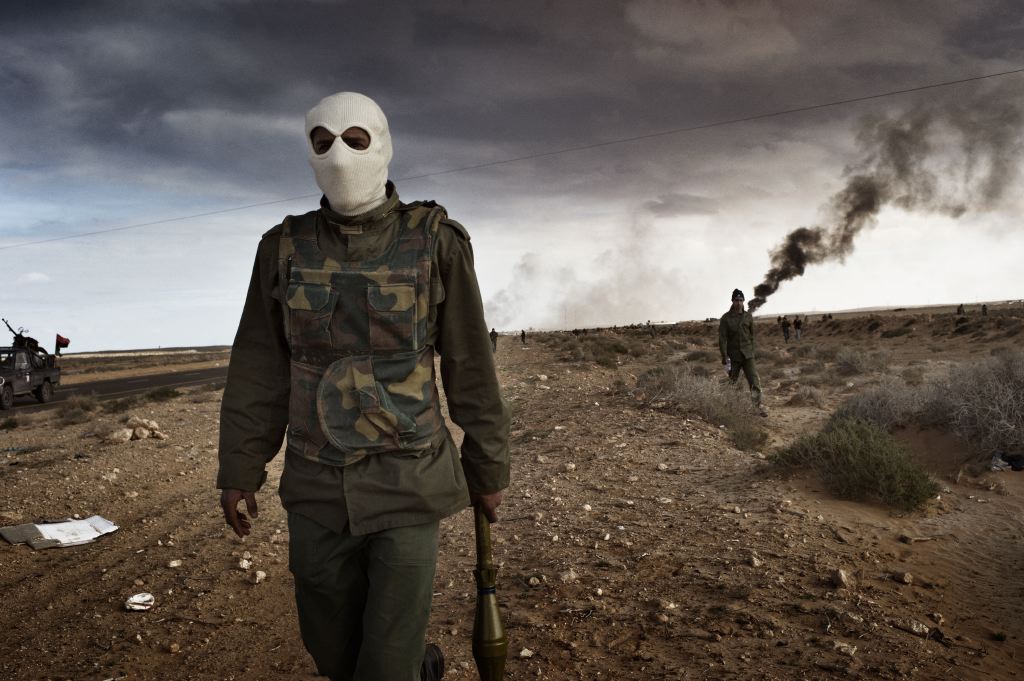





Feedback